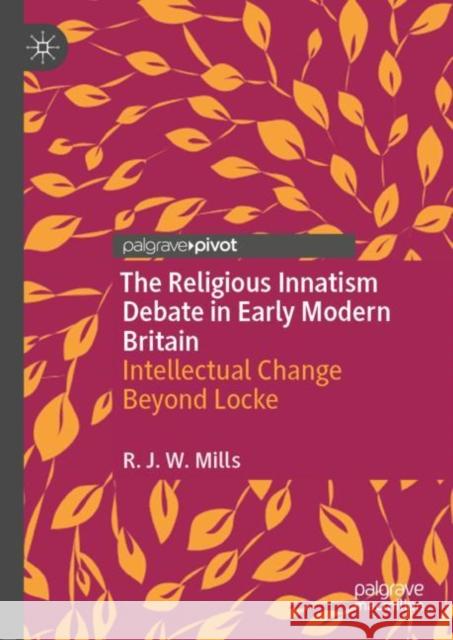The Religious Innatism Debate in Early Modern Britain: Intellectual Change Beyond Locke » książka
topmenu
The Religious Innatism Debate in Early Modern Britain: Intellectual Change Beyond Locke
ISBN-13: 9783030843229 / Angielski / Twarda / 2021 / 144 str.
Kategorie BISAC:
Wydawca:
Palgrave MacMillan
Język:
Angielski
ISBN-13:
9783030843229
Rok wydania:
2021
Wydanie:
2022
Ilość stron:
144
Waga:
0.32 kg
Wymiary:
21.01 x 14.81 x 0.97
Oprawa:
Twarda
Wolumenów:
01
Dodatkowe informacje:
Wydanie ilustrowane











